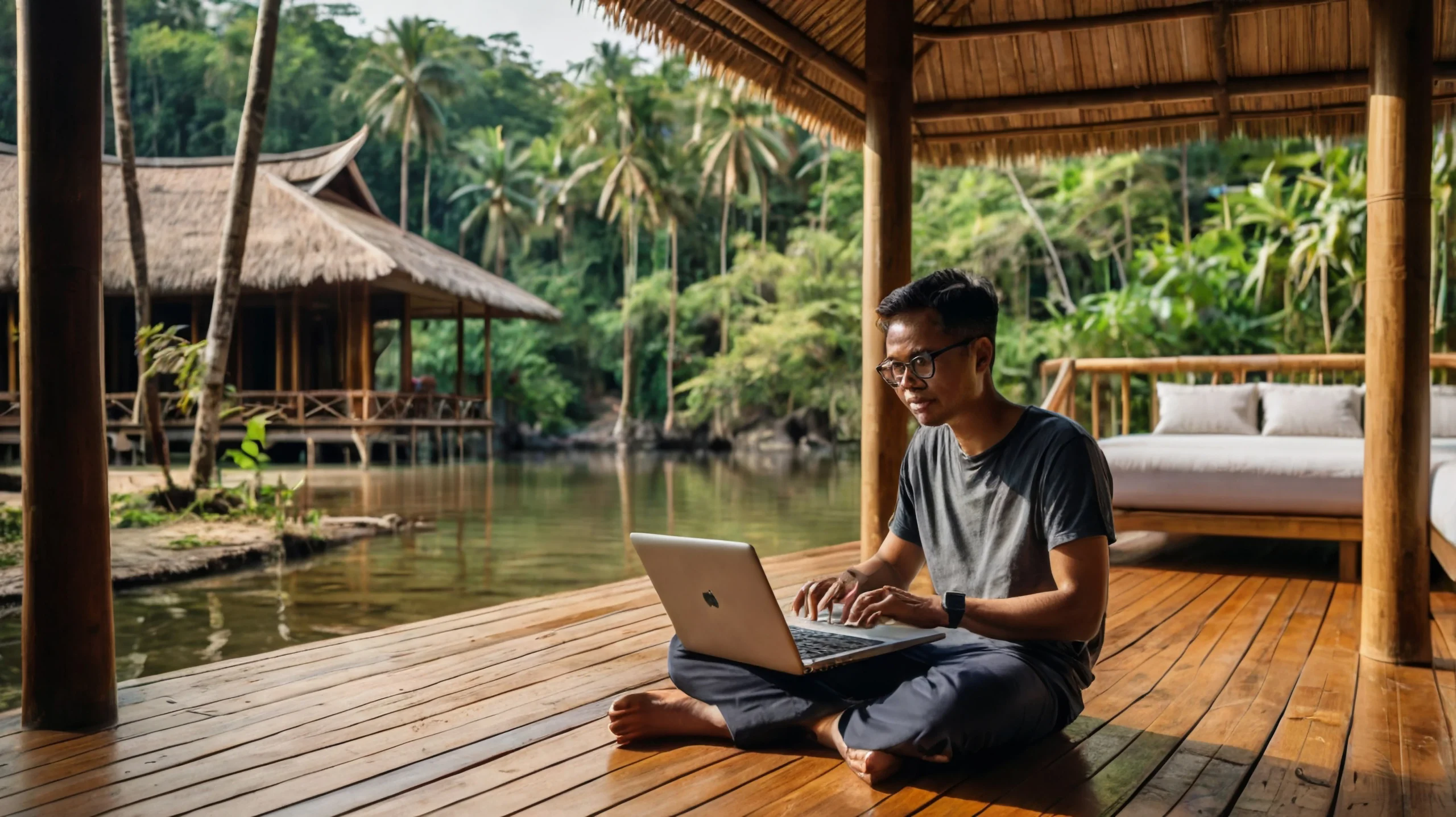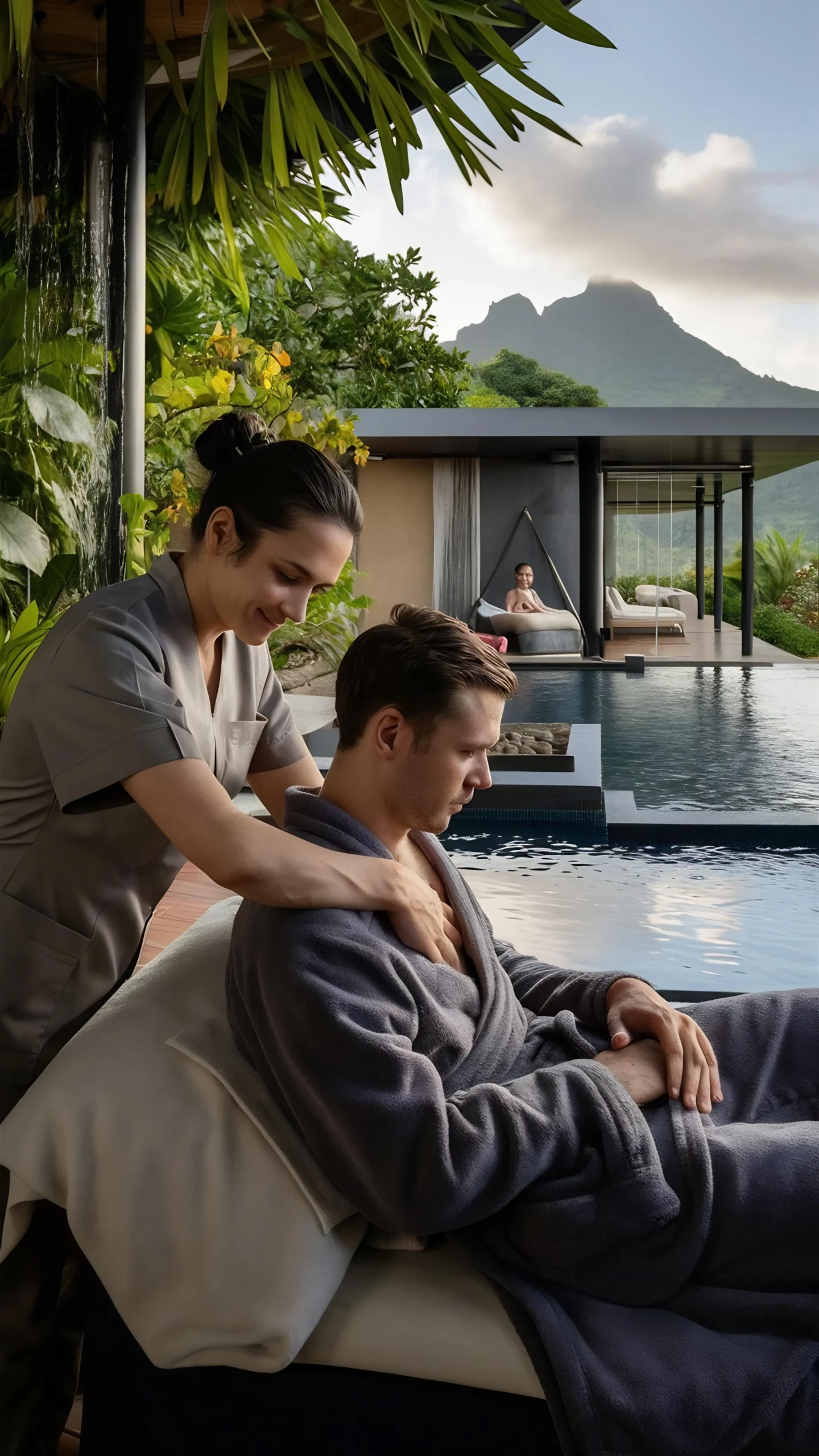In an era of endless hustle, the concept of “Slow Living in Japan and Korea” is gaining attention. Rooted in mindfulness and the idea of quality over quantity, slow living encourages a pace that allows people to enjoy each moment fully. Countries like Japan and Korea are at the forefront of this movement, blending traditional practices with modern life to cultivate a more mindful and balanced lifestyle.
What is Slow Living in Japan and Korea?
Slow Living in Japan and Korea is a lifestyle philosophy that emphasizes living in the present, making intentional choices, and focusing on quality. It’s about moving away from the constant rush and instead prioritizing meaningful experiences, whether that’s in work, personal relationships, or day-to-day routines. This shift encourages people to take a pause, appreciate their surroundings, and lead a balanced life. For Japan and Korea, the principles of slow living harmonize naturally with their cultural values.
Historical Roots of Slow Living in Japan and Korea
Japan and Korea have a deep-rooted appreciation for practices that promote mindfulness. In Japan, concepts like wabi-sabi (finding beauty in imperfection) and ikigai (a sense of purpose) are central to life. These traditions encourage people to focus on the present moment, enjoy life’s small pleasures, and find fulfillment. In Korea, similar values like jeong (a deep emotional connection) and han (a unique Korean sentiment of perseverance) underscore the importance of community and balance. These cultural philosophies lay a solid foundation for the modern Slow Living in Japan and Korea trend in both countries, making it a natural fit for their societies.
Cultural Influence on Slow Living in Japan and Korea Practices
The rise of Slow Living in Japan and Korea isn’t a sudden phenomenon but an evolution of longstanding cultural values. Both societies traditionally value family, community, and time spent with loved ones over material success. This mindset is evident in daily practices, from traditional tea ceremonies to communal meals, where the focus is on connection rather than speed. Moreover, both countries have a history of craftsmanship that emphasizes patience and dedication. From Japanese pottery to Korean paper-making, these arts require focus and time, embodying the essence of Slow Living in Japan and Korea. As younger generations in both countries face the pressures of modern, fast-paced life, they are looking back at these practices as a way to regain balance.
How Japan Embraces Mindful Lifestyle Practices
In Japan, Slow Living in Japan and Korea is embraced through practices that encourage intentionality and calmness. The Japanese art of shinrin-yoku, or “forest bathing,” is a popular activity where people immerse themselves in nature, leaving behind their stressors and technology to rejuvenate. It has been shown to reduce stress and promote mental clarity, embodying the Slow Living in Japan and Korea philosophy. Another example is kintsugi, the art of repairing broken pottery with gold. Rather than discarding damaged items, kintsugi teaches that flaws and imperfections add value to an object, encouraging a mindful appreciation for what one already has. This view of imperfection, patience, and mindfulness deeply resonates with the concept of Slow Living in Japan and Korea.
The Rise of Slow Living in Korea
Korea’s adaptation of Slow Living in Japan and Korea has been influenced by traditional values and modern needs for balance. One growing trend is slow travel, where people explore rural villages and quiet areas, focusing on the experience rather than rushing through a checklist of sights. Popularized as an alternative to fast-paced city tourism, slow travel in Korea encourages relaxation and connection with the environment. Korean culture has also seen a resurgence of hansik, or traditional Korean cuisine, which emphasizes seasonal ingredients and time-honored cooking methods. By savoring meals made with local ingredients, people are connecting more with nature and the essence of Slow Living in Japan and Korea.
Benefits of Slow Living in Japan and Korea in a Modern Society
In today’s high-speed world, Slow Living in Japan and Korea offers numerous benefits. By adopting a slower pace, people often find a reduction in stress and anxiety, improved mental clarity, and a stronger sense of community. For Japan and Korea, where work hours are long and the demands of modern life are intense, slow living provides a pathway to reconnect with themselves and their environment. The practices of slow living not only benefit individuals but also promote sustainability. By focusing on quality, both countries are encouraging reduced consumption, less waste, and a more environmentally conscious lifestyle.
Practical Ways to Incorporate Slow Living in Japan and Korea
For those interested in adopting Slow Living in Japan and Korea practices, there are many small steps that can make a big difference:
Mindful Eating
Take time to enjoy meals without distractions, savoring each bite and focusing on the flavors and textures.
Limit Screen Time
Set boundaries for technology use, especially during personal time, to allow for more meaningful interactions and experiences.
Embrace Minimalism
Prioritize quality over quantity in possessions. This means surrounding yourself with items that bring joy or have purpose.
Practice Gratitude
Incorporate gratitude into daily routines by reflecting on things that bring happiness and contentment.
Nature Connection
Spend time outdoors to reconnect with nature, whether it’s a walk in the park, forest, or beach.
Conclusion: The Future of Slow Living in Japan and Korea
As Japan and Korea continue to embrace the Slow Living in Japan and Korea movement, they are inspiring other cultures to reconsider their approach to life’s pace. By blending traditional wisdom with modern needs, slow living has the potential to reshape how people prioritize and experience their lives. This mindful, balanced approach isn’t just a trend; it’s a lifestyle that may continue to grow as more individuals seek balance and connection in an ever-busier world.


